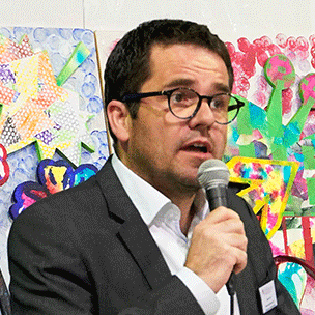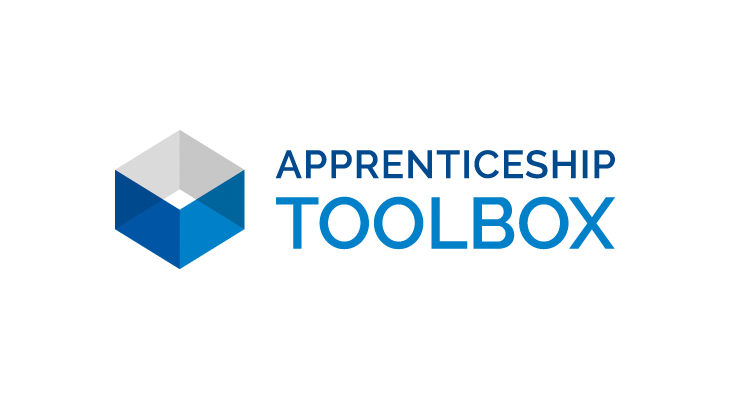Apprenticeship Toolbox
Get insight into key aspects of the apprenticeship systems in five countries running dual VET systems: Austria, Denmark, Germany, Luxembourg and Switzerland with their VET-ministeries standing behind this provision.
The „Dual System“ counts as successful and best form of Apprenticeship. The apprentices learn at two learning venues: within the workplace in an occupational practical environment at companies providing training (up to ¾ of time) and at part-time vocational schools (up to ¼ of time).
The Apprenticeship Toolbox is your resource base to support policy learning, policy experimentation and practice development in vocational education and training. Build on the knowledge national stakeholders use in developing, adapting, running and supporting a dynamic apprenticeship system.
Compare apprenticeship systems and country contexts. Access relevant resources and get recommendations for further reading on each apprenticeship system. Be aware that the toolbox is a website in itself, which is hosted within the BIBB-website.






